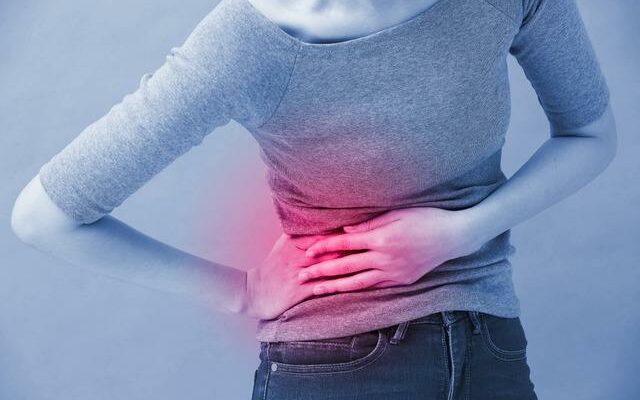Kidney stones are known to be a common problem and have serious consequences if neglected. Stones that cause serious problems, including kidney loss, can be treated successfully. Prof. from Medicana International Istanbul Hospital Urology Department. Dr. Emrah Yürük said, “Kidney Stones are one of the most common problems of the urinary tract. The incidence of stone disease, which has a long history, has increased significantly in both men, women and children in recent years. “In general, stone disease is more common in men,” he said.
Providing information about kidney stones and their treatments, Prof. from the Urology Department of Medicana Health Group. Dr. Emrah Yürük said, “The incidence of kidney stones, which is one of the most common problems of the urinary tract, increases significantly in women, men and children. If kidney stones, which are generally more common in men, are not treated, the kidneys can be seriously damaged. If they are not treated appropriately in the early period, the kidneys can become damaged. “The damage that develops may be permanent and may require dialysis or kidney transplantation if both kidneys are affected,” he said.
‘STONES MAY REMAIN SILENT IN THE KIDNEY’
Prof. stated that there are dissolved salts and minerals in normal urine, but when these increase, kidney stones form. Dr. Emrah Yürük said, “Stones are small when they form, but they can grow over time and fill the entire kidney. These stones may remain silent in the kidney, or they may progress through the urinary ducts (ureters) coming out of the kidney, first reach the urinary bladder (bladder), and then be excreted out of the body through the external urinary tract (urethra). “If it gets stuck at any stage during this journey, it can block the urine flow and cause severe pain,” he said.
‘SMALL STONES GET STOPPED IN THE URETER, BLOCKING THE URINE FLOW AND CAUSES SWELLING IN THE KIDNEY.’
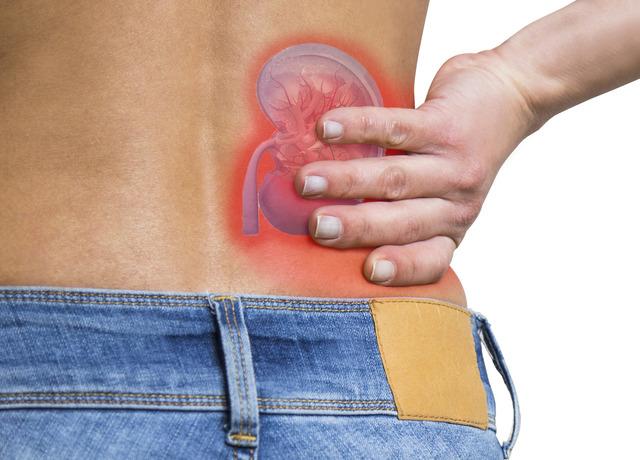
Professor said that kidney stones mostly do not cause symptoms. Dr. “If the stone formed in the kidney comes out of the kidney, it travels through the urinary tract and reaches the bladder. Urinary ducts (ureters) are thin tubes that carry urine from the kidney to the bladder with rhythmic contraction movements. While small stones move smoothly along the ureter and reach the bladder, they sometimes get stuck in the ureter, blocking urine flow and causing swelling in the kidney. At this stage, severe pain is felt. Pain starting from the flank and moving towards the groin, intense desire to urinate, burning urine, nausea, vomiting, dark, bloody pain are among the symptoms. “Patients generally state that the pain may be more severe than during childbirth,” he said.
‘IT MAY TRIGGER OBESITY AND EXCESSIVE ANIMAL PROTEIN INTAKE’
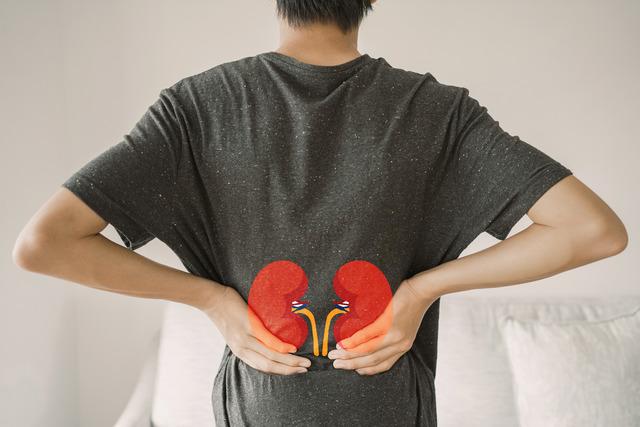
Stating that one of the most important risk factors for stone formation is low urine volume, Prof. Dr. “The amount of urine may be low due to insufficient fluid intake or excessive fluid loss (due to excessive exercise, working or living in hot regions). Although the most common type of stone is calcium stone, the cause of calcium stones is usually not the amount of calcium consumed, but the measures taken by your kidneys to maintain the calcium balance in the body. In fact, contrary to popular belief, not taking calcium from the diet can cause stone formation. On the other hand, taking too much oxalate or animal protein in the diet poses a risk for kidney stone formation. Intestinal diseases with chronic diarrhea and previous digestive system surgeries increase the risk of formation of calcium oxalate stones, as fluid loss and oxalate absorption increases. Obesity changes the urine acid level, facilitating stone formation. Some medications used for medical conditions and calcium and vitamin C supplements may predispose to stone formation. “If you have a first-degree relative with kidney stones, your risk of developing kidney stones throughout your life will be higher than other people,” he said.
IF NOT TREATED, IT MAY LEAD TO KIDNEY TRANSPLANTATION
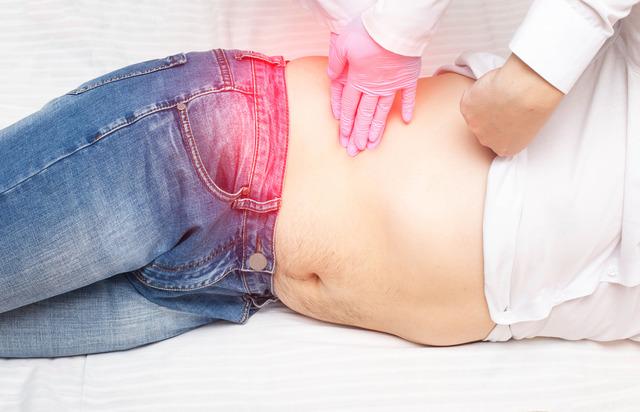
Prof. stated that if a solution is not found for kidney stones, there may be serious consequences. Dr. Yürük said, “Kidney stones can prevent the kidney from functioning by both causing recurrent urinary tract infections and blocking the urinary tract. “If they are not treated appropriately in the early period, the damage to the kidneys may be permanent and may require dialysis or kidney transplantation if both kidneys are affected,” he said.
‘IF IT DOES NOT CAUSE ANY SYMPTOMS, SMALL STONES CAN BE EXPECTED TO PASS BY THEIR SPONTANEOUSLY’
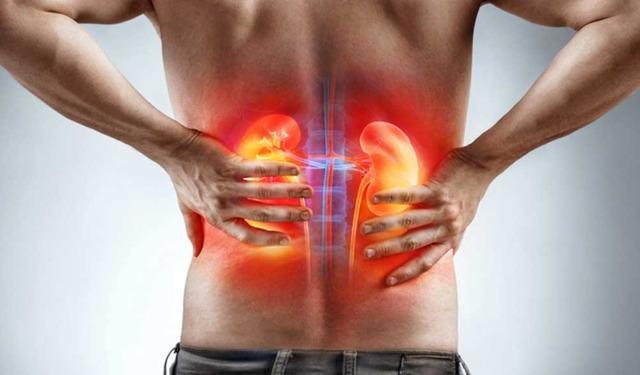
Noting that kidney stone treatment is determined by the size, type, location, density and duration of the stone. Dr. Yürük said, “The treatment of kidney stones is determined according to the size, type, location of the stone, intensity and duration of symptoms, and the general health condition of the patient. The doctor may offer different treatment alternatives for each scenario. If small stones do not cause any symptoms, they can be expected to pass on their own. If the pain is at an acceptable level, there are no signs of infection, and the urinary tract is not completely blocked, it can be safely waited for 4-6 weeks. It is necessary to drink water during this period. When there is pain, you may be asked to use painkillers. Although there is no medicine that will directly cause the stone to pass, there are studies showing that drugs used especially in the treatment of benign prostate hyperplasia make it easier to pass the stone. If the stone does not pass, if your pain is severe enough to prevent you from waiting for the stone to pass on its own, or if the stone begins to prevent the kidneys from working, the stones must be removed without delay. “Stone breaking with external sound waves, ureteroscopy, percutaneous nephrolithotomy or surgical methods can be used for kidney stones,” he said.
WAYS TO PREVENT STONE

Pointing out that some precautions can be taken to prevent the recurrence of kidney stones, Prof. Dr. Yürük said, “The first step to be taken in order to make recommendations to prevent the recurrence of stones is to determine the cause of the stone formation. For this, evaluations are made regarding possible reasons. For this purpose, it is very important to examine the stones that are removed from the body or removed by surgery and to determine the content of the stones. That’s why every stone that comes out must be analyzed. After the stones are cleared, your doctor may ask you to collect your urine for a full day. Measurements made in urine collected for 24 hours also provide very valuable information. Physicians, who evaluate all the findings obtained, will make some recommendations including diet, adjustments in daily habits and medications. “Since kidney stones tend to recur, it is very important for kidney health to continue changes in diet and lifestyle habits throughout life and to have regular medical check-ups,” he said. (DHA)
